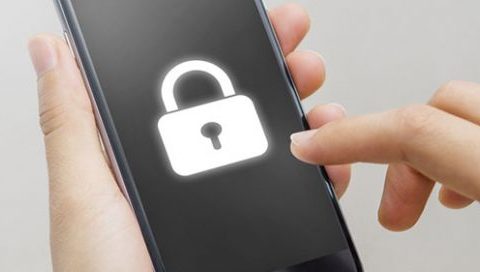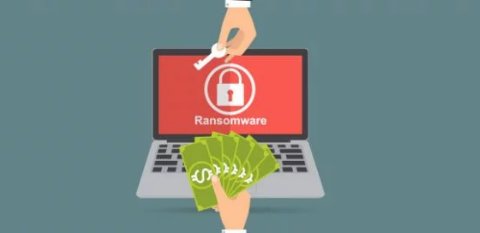5 tips to keep your corporate data safe
 Data breaches occur every day, even to the most secured firms and well-known financial institutions – and it could happen to your company as well. How can you be sure that your network is completely protected from hackers? As a business owner you can’t afford to face a data breach, since it could cost you the two things that matter most to your company – clients and reputation. But employing even the most basic security measures can discourage many hackers enough for them to abandon their malicious attempts. Here are some tips to safeguard your corporate data.
Data breaches occur every day, even to the most secured firms and well-known financial institutions – and it could happen to your company as well. How can you be sure that your network is completely protected from hackers? As a business owner you can’t afford to face a data breach, since it could cost you the two things that matter most to your company – clients and reputation. But employing even the most basic security measures can discourage many hackers enough for them to abandon their malicious attempts. Here are some tips to safeguard your corporate data.
Get rid of passwords
We are all accustomed to setting passwords to our online accounts, and the tip is always the same – set strong passwords, and change them regularly. But according to Verizon, a global communications and technology leader, a quarter of data breaches analyzed in this year’s report could’ve been stopped if the victimized company had applied more than a password in its defenses. The problem is that passwords can be used with any computer, which is why companies like Facebook and Google have replaced passwords with USB tokens. Tokens, when plugged into a company’s computer, act as a verification device and an extra layer of security.
Encrypt all data
Encryption is a great obstruction to hackers, since it scrambles and descrambles data each time someone tries to read it. Encryption also causes compatibility issues if the data is not being accessed via the company’s own network systems. While applying encryption can be costly, it is certainly well worth the money if it can protect your business data from leaking into the wrong hands.
Keep systems up-to-date
The technology world is moving at a fast pace. Hackers are always upgrading their tools to take advantage of outdated security systems, and so companies should do likewise to protect their valuable resources. Yet many companies who use software don’t install updates immediately. If the update intends to close security loopholes, delaying an update exposes you to external attacks. So install software updates as soon as they come out in order to give hackers no reason to penetrate your systems.
Back up frequently
Although you’ve implemented several security layers to your data, sometimes hackers can find their way in. This is why you need to back up data frequently, whether it’s on-site, off-site or by way of cloud backups. In the worst-case scenario if your systems do get infiltrated, you can restore lost data from those backups and quickly strengthen security.
Monitor connectivity
Many businesses have no idea how many computers they have, so it’s very hard to keep track of which computers are online. Sometimes a company’s computers and servers are online when they don’t need to be, making them a tempting target for attackers. With that in mind, it’s advisable to configure business servers properly, ensuring that only necessary machines are online and that they’re well-protected.
It’s much more expensive to fix a data breach than to prevent one. If you’re looking to check your business IT systems for potential threats, contact us today and we can help.



